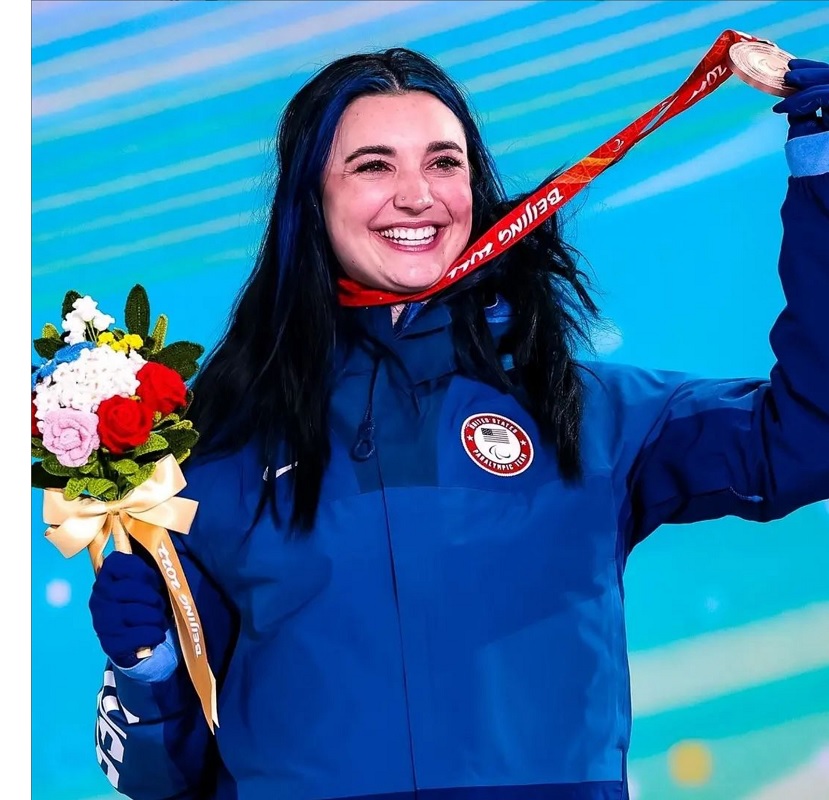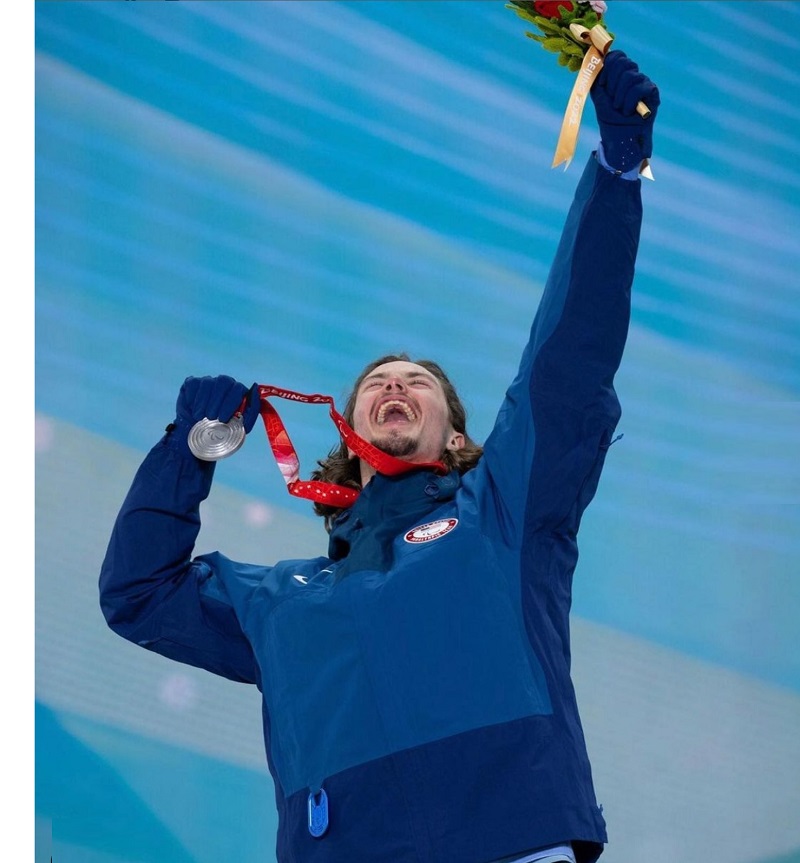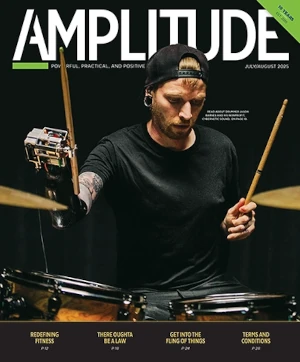The Paralympics celebrate transcendent people and performances. But this year’s Winter Games had more challenges to overcome than usual. They commenced amid the disturbing backdrop of Russian tanks and Ukrainian refugees, images jarringly at odds with the Paralympic spirit of inclusion and friendship. These events added to the underlying disquiet over the Games’ host country, whose record on human rights is so odious that many countries (including the United States) considered boycotting them altogether. Camaraderie and good feeling were further suppressed by strict COVID protocols, which prevented the kind of cultural exchange and human interaction that make the Paralympics so special. And there was the unfortunate fact that, after the triumphant Summer Games just six months ago, the world’s appetite for Paralympic pageantry simply wasn’t as great as usual.
But, as is usually the case, the athletes themselves managed to cut through the clutter and deliver indelible moments that reaffirm why the Paralympics matter. These are the American amputees whose exploits in Beijing made the biggest impression on us.
Brenna Huckaby Drops the Mic

The International Paralympic Committee worked doggedly to keep Huckaby from competing, waging a nonsensical campaign against one of the breakout stars of the 2018 Sochi Games. Her triumphant performance in Beijing was the best kind of payback. In winning two medals (a gold and a bronze) in snowboarding, against competitors with lower levels of impairment, Huckaby vindicated the position she has taken all along: Just give her a chance to perform, and she’ll live by the results. She also paid tribute to the late Bibian Mentel-Spee, the pioneering snowboarder who opened doors not only for amputee athletes but also for women in sport. Huckaby’s personal, heartfelt joy exemplified everything that’s good about the Paralympics, and it made the IPC’s legalistic position look that much smaller by comparison. It’s obvious who best represents adaptive athletes.
Oksana Masters Flexes Her Muscles
No athlete in history, Olympic or Paralympic, has ever had a year like this. Six months after winning two gold medals at the Tokyo Summer Paralympics, Masters won six medals in six races in Bejing, pocketing two golds and four silvers. Her sweep in Beijing was all the more poignant because it took place while Masters’ birth country was being ravaged by Russian bombs. All told, Masters nearly doubled her career Paralympic medal tally (from 9 to 17) since this time last year, a breathtaking display of back-to-back dominance in two different sports.
Thomas Walsh Comes Up Big in Giant Slalom
Walsh has always said it’s not about the medals for him; he’s just happy for the chance to compete. But it was still thrilling to see this all-around skier finally earn his place on the Paralympic podium after some painful near-misses. The first of those came in his Paralympic debut four years ago, when Walsh began the final run just half a second off the medal stand and skied to a fifth-place finish. Then, in his first race of the 2022 Games, he fell just 0.11 seconds short of bronze in the super combined. When the giant slalom finally arrived, he left nothing to chance, posting the fastest time in the first run and ultimately earning the silver. It was still a near-miss—Walsh finished just .04 seconds off Santeri Kiiveri’s gold medal pace—but a rewarding one nonetheless.
Garrett Geros Starts on the Right Foot

A first-time Paralympian,Geros peaked at just the right time. After a disappointing performance in January at the World Para Snow Sports Championship, he kept working on the World Cup circuit, with strong finishes in Klövsjö (fourth) and Big White (third). Riding that momentum into the Paralympics, Geros surprised the field by posting the second-fastest qualifying time overall in snowboardcross (LL2 classification). His silver-medal finish was among Team USA’s most pleasant surprises in Beijing.
Sled Hockey Pitches a Shutout
In winning their fourth consecutive Paralympic gold medal, the US sled hockey team went 4-0 in Beijing and outscored their opponents by a collective tally of 30-1. That’s not a typo: They scored 30 goals in four games and gave up only a single tally, versus South Korea in the qualifying stage. Most impressive of all, Team USA outscored rival Team Canada by an aggregate 10-0 in two head-to-head clashes, including a dominant 5-0 win in the gold-medal game.



